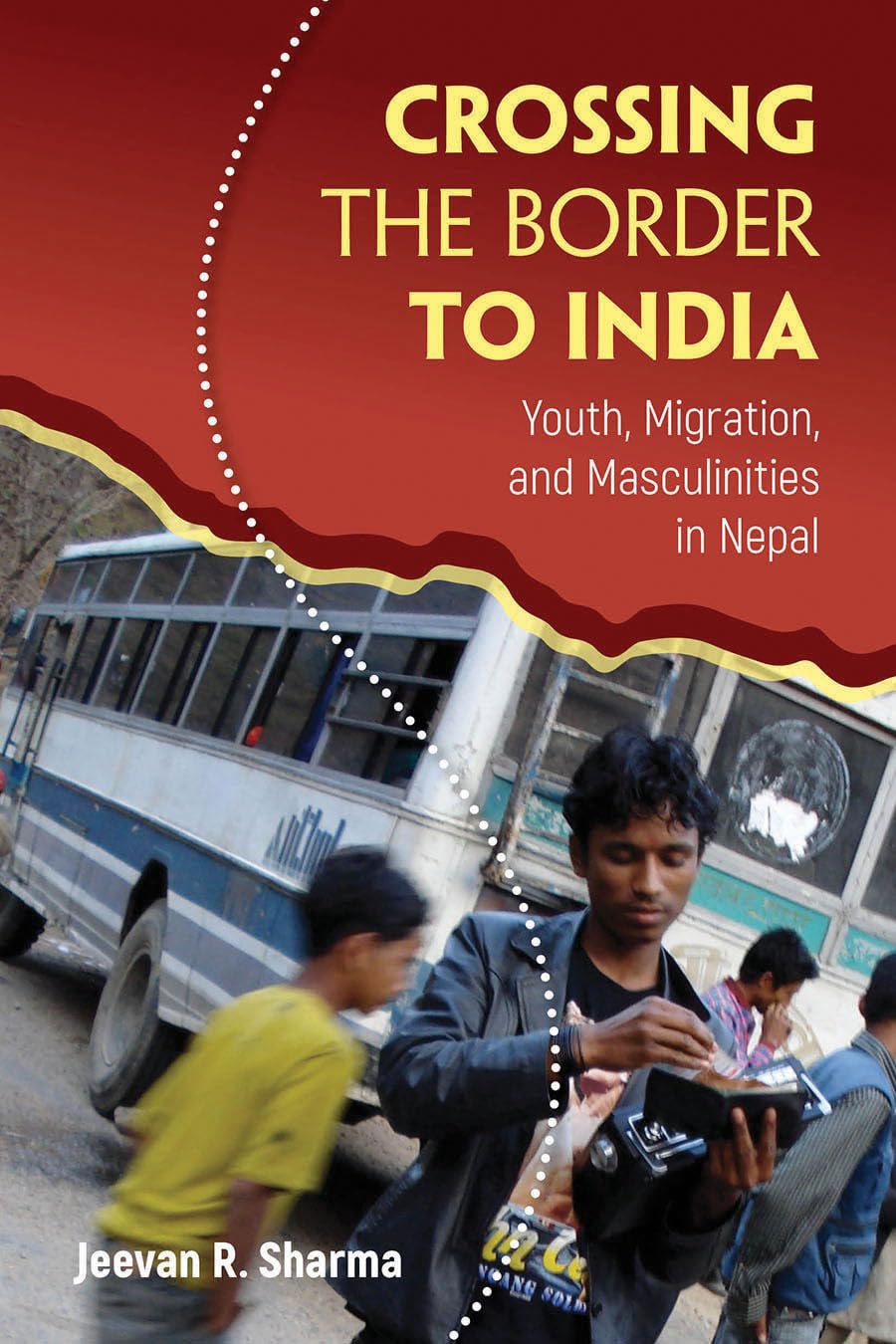Sri Lanka Using The Indian Rupee For International Trade

New Delhi — In a fillip to the Reserve Bank of India’s (RBI) efforts towards the gradual internationalisation of the Indian rupee, a Sri Lankan bank has opened special rupee “vostro” accounts in India to facilitate trade in the Indian rupee. These accounts build on the framework spelt out by the RBI for facilitating international trade in the Indian rupee that it laid out in July.
Sri Lanka had requested the RBI to facilitate and promote trade and tourism in the SAARC region.
Sri Lankan citizens can now hold $10,000 (INR 8,26,823) in physical form. This also means that Sri Lankans and Indians can use Indian rupees instead of US dollars for international transactions with each other. The Indian government since July this year, has been looking to bring countries that are short of dollars, into its rupee settlement mechanism.
The Bank of Ceylon, a Sri Lankan bank, has opened a vostro account with the State Bank of India through the former’s branch in Chennai.
Reports in Sri Lankan media suggests that this may be the first of many such arrangements.
The move is significant for Sri Lanka who is starved of foreign exchange reserves. As a lion’s share of global trade is conducted in United States dollars (US dollars), two countries would normally export and import from each other in US dollars but also in euro, the British pound or yen to a lesser degree.
The option to trade with India in Indian rupees offers Sri Lanka respite from dipping into its scarce foreign exchange reserves after months of economic turmoil.
The Sri Lankan central bank also did its part earlier this year to facilite Indian rupee trade, when it added the Indian rupee to its list of ‘designated foreign currencies’. The Indian rupees joins a legion of foreign currencies like the US dollar, the yen, the pound, the Swiss franc, the Swedish kroner and the Thai baht on the list (the entire list can be seen here.). This designation allows Sri Lankan entities to use these currencies to conduct offshore commerce and global trade. It even lets Sri Lankan nationals open personal foreign-denominated accounts in these currencies.
Sri Lanka currently permits citizens to have $10,000 worth of foreign currency on them, down from an earlier limit of $15,000 to save on foreign exchange. Through these arrangements, India has permitted Sri Lankan citizens to now hold these $10,000 in Indian rupees (nearly ₹8.14 lakhs) in physical form.
A cross-section of factors like the COVID-19 pandemic, governmental missteps and political unrest has led Sri Lanka into an economic crisis starting in March, marked by a lack of foreign currency, shortages of essentials and mass protests against the government. This led to Sri Lanka to turn to aid and grants from larger countries like China, India and Japan. In September, it struck a staff-level agreement with the International Monetary Fund.
What are these special vostro accounts?
To tap into growing interest in more trade in Indian rupees, the RBI introduced the concept of these special rupee vostro accounts in July. These accounts facilitate ‘correspondent banking’: where an entity (in this case a bank in India) holds and operates an account on behalf of someone else (a foreign entity, normally a foreign bank).
Vostro accounts will be operated by select banks in India but it can also be operated by a foreign bank through its Indian branch. For a foreign entity to open such an account, it must first approach an authorised bank (authorised dealer bank or AD bank) in India. The AD bank must then present its case before the RBI and get its approval to open and operate such an account.
All export and import invoicing between the two countries may be carried out in Indian rupees. When an Indian exporter want to export to the country in question, the exporters can receive Indian rupees from the balance in these vostro accounts. Indian importers who wish to import from such countries may directly deposit Indian rupees into these accounts.
The RBI also suggests that there are no restrictions on remitting the balances of these accounts, and that converting them into foreign currencies would be possible at market determined rates. Surplus balances in these accounts can be invested in government securities or payments for projects and investments. ( Boomlive.in)


















Facebook Comments